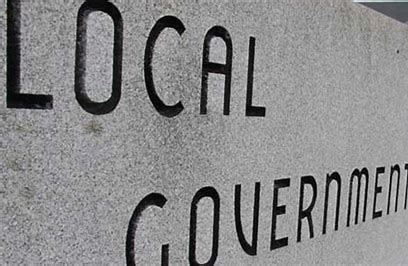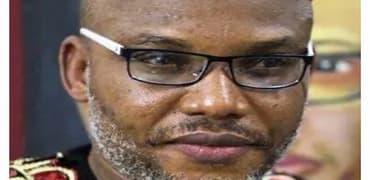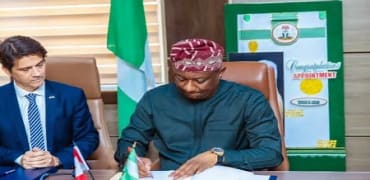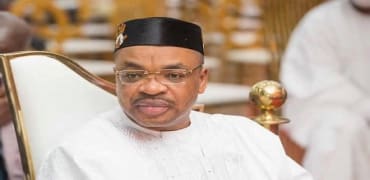The Secret Plot to Block Local Government Autonomy
The Secret Plot to Block Local Government Autonomy
By Achimi Muktar
A fresh battle is brewing in the corridors of power as state governors lobby President Bola Tinubu to halt direct federal allocations to local government areas (LGAs), sparking fears of a delay in implementing the Supreme Court’s ruling on LGA autonomy.
At the heart of the controversy is control over billions of naira meant for grassroots governance. While the Federal Government is pushing for funds to be deposited directly into LGA accounts via the Central Bank of Nigeria (CBN), governors are resisting—arguing that such a move would strip them of financial leverage and put local governments entirely under federal control.
A High-Stakes Late-Night Meeting
Last Tuesday, a group of governors met with President Tinubu at the State House in Abuja, using an Iftar dinner as an opportunity to press their case. Sources say they lobbied the President intensively, warning of “multi-billion-dollar debts” incurred by local governments that must first be addressed.
“When the governors came on Monday for Iftar, they sought to meet the President, which they did on Tuesday afternoon. They were with him for hours,” an insider revealed.
The governors argued that routing the allocations through the CBN would give the Federal Government excessive control, as funds would still require approval from the Accountant-General of the Federation. Instead, they proposed that the allocations be sent to commercial banks—keeping state authorities in the loop.
“The FG is insisting on CBN control, but the governors are saying no. They want commercial banks involved,” the source said.
The Supreme Court’s Bold Verdict—And Why Governors Are Pushing Back
The Supreme Court had, in a landmark judgment on July 11, 2024, affirmed that LGAs must receive their funds directly—bypassing state governments. The ruling was intended to put an end to decades of financial manipulation by governors who control LGA funds and decide how much, if any, actually reaches local councils.
The court also ruled that only democratically elected LGA officials—not appointed caretakers—can access these funds. This was a direct strike against governors who install handpicked loyalists to run LGAs without elections, ensuring they maintain financial control.
To enforce this ruling, the CBN began requiring all LGAs to submit a two-year financial audit before opening accounts for direct disbursement. But nine months later, implementation remains stalled—due to strong opposition from the governors.
Governors’ Secret Plan: Use LGA Funds to Pay Off State Debts?
Behind the scenes, multiple sources suggest that some governors are seeking to delay direct LGA payments because of the staggering debts allegedly incurred in the names of local governments.
“There are billions of dollars in liabilities linked to LGAs, and governors are pressuring the CBN to use local government funds to settle these debts,” said Mohammed Abubakar, Secretary-General of the Association of Local Governments of Nigeria (ALGON).
He warned that if governors succeed, local government funds could be siphoned off to pay off state-level obligations—further crippling grassroots governance.
“This could be worse than before. If they let CBN handle it without transparency, local governments may never see their money,” Abubakar cautioned.
Tinubu’s Delicate Balancing Act
President Tinubu has tried to walk a fine line, stating on January 1, 2025, that his administration was “not in a battle” with governors over local government autonomy. Instead, he called for collaboration.
“You control your local governments,” Tinubu told governors. “Just drive development at the grassroots. Let’s do it together.”
However, insiders suggest that Tinubu is under pressure from both sides—one pushing for strict enforcement of the Supreme Court ruling and the other urging him to slow down implementation to avoid destabilizing state finances.
Will Local Governments Ever Get Their Money?
With governors fighting to maintain control, local government officials remain in limbo. The CBN has been slow in providing clear guidelines on how LGAs should open accounts and access their funds. Meanwhile, the Attorney-General’s office is reportedly struggling to verify which LGAs actually have democratically elected leadership, as many states still operate caretaker committees.
The longer the standoff continues, the more questions arise:
Will Tinubu stand firm and enforce financial autonomy, or will he bend to pressure from the governors?
How much money have governors really borrowed in the names of local governments?
Will local governments ever gain full control over their rightful allocations?
For now, billions remain trapped in bureaucracy, while Nigeria’s grassroots governance hangs in the balance.





















